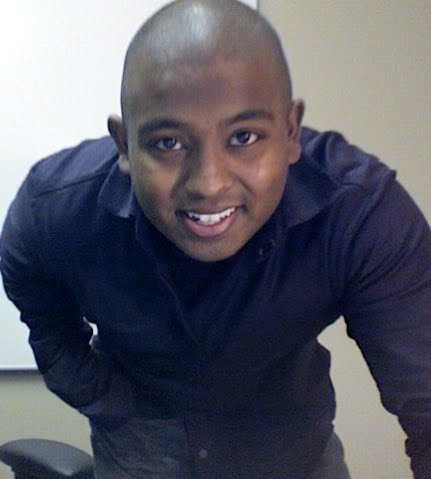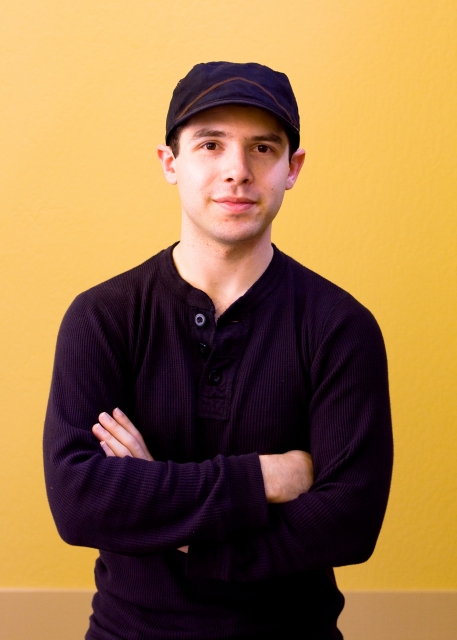
Massive Health CEO Sutha Kamal
Massive Health, a new mobile health startup we first mentioned back in December, announced today that it has raised $2.25 million from unnamed angel investors, Felicis VC, Greylock Discovery Fund, Andreessen Horowitz, Mohr Davidow Ventures and Charles River Ventures. Massive's co-founders are Sutha Kamal and Aza Raskin, the former creative lead at Firefox.
In December Raskin explained Massive's interest in healthcare: "Health care needs to have its design Renaissance, where products and services are redesigned to be responsive to human needs and considerate of human frailties."
In a blog post today Kamal built on the startup's positioning. Massive is going to begin by focusing on smartphone apps for chronic disease management.
"There are some great wellness and fitness apps out there. Whether it’s Nike+, or Cyclemeter (my personal favorite), if you want an app to help you get and stay active, you’re spoiled for choice. But what if you’re actually ill? Then there’s nothing sleek or sexy to help you manage your disease. You’re back to the world of clinical health applications that aren’t especially friendly, easy to understand or use, and certainly aren’t social. Today’s apps don’t appreciate that you’re a person. That’s simply not good enough," Kamal writes.
Kamal's declaration that "today's apps don't appreciate that you're a person" is stirring.

Massive Health Co-Founder Aza Raskin
In MobiHealthNews' own recent report on smartphone apps, we noticed that the number of apps intended for use by users with chronic conditions had not grown as quickly as other types of apps. Chronic conditions apps were in fact the slowest growing type of app in Apple's App Store. As of last September there were only 250 iOS apps that purported to help users better manage diabetes, hypertension, heart disease, asthma and other chronic conditions. That's less than 4 percent of all health related apps for iPhone users.
The adoption of smartphones in the US is climbing -- currently about 31 percent of Americans have a smartphone, according to a recent Nielsen report. Health care providers, however, argue that -- in their experience -- smartphone apps are not a viable option right now.
Last March Dr. Joseph Kvedar, director of Partners Health Care's Center for Connected Health, explained: “In one of our primary care practices, only 60% of diabetics we enrolled in our home glucose monitoring program were Internet users. In our CHF population, it’s even less. I always note this when talking about technology choices and program design. There are so many really exciting iPhone apps out there for example, but we haven’t tried to deploy one in our setting because the population of patients who would find it useful, let alone familiar, is tiny.”
Given the design talent that Massive Health brings to mobile health, I have no doubt their offerings will drive usability of health apps. The bigger question, however, isn't usability: It's usage.
Can better design drive adoption of smartphone apps among the patients who need them most?
Today a group of investors placed 2.25 million bets that it will.
















